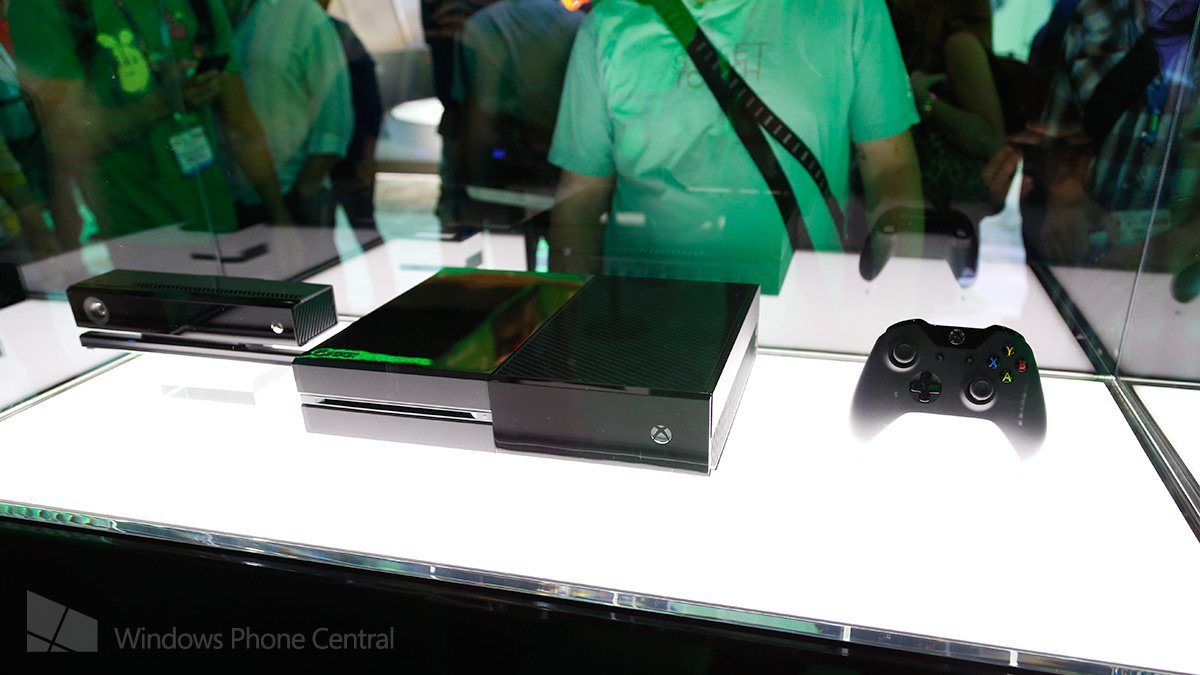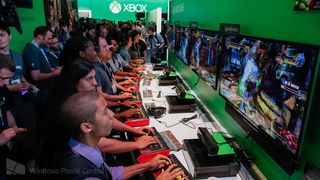Microsoft repeals controversial Xbox One DRM policies [Confirmed]

In a late breaking news story, Microsoft today announced due to feedback from the Xbox and gaming community they have changed “certain policies” regarding their controversial digital-rights management features of the upcoming Xbox One.
The details are listed on the Xbox news site, which is being hammered left and right, resulting in errors when trying to load.

According to the site Giant Bomb, the changes in DRM are the following:
- No more always online requirement
- The console no longer has to check in every 24 hours
- All game discs will work on Xbox One as they do on Xbox 360
- An Internet connection is only required when initially setting up the console
- All downloaded games will function the same when online or offline
- No additional restrictions on trading games or loaning discs
- Region locks have been dropped
If accurate, this represents a complete 180 degree reversal on DRM, resulting in a significantly more competitive devices against Sony’s PS4, which has none of those restrictions. It also shows how Microsoft is more than willing to listen to user feedback on their device, which is still months away and can be changed significantly.
We recently wrote an editorial defending the contentious policies with most of our audience agreeing that in fact these rules weren't too off-putting.
We’ll update this story as more information comes in…
Update (Confirmed): Via the Xbox blog, Xbox head Don Mattrick writes:
Get the Windows Central Newsletter
All the latest news, reviews, and guides for Windows and Xbox diehards.
"An internet connection will not be required to play offline Xbox One games – After a one-time system set-up with a new Xbox One, you can play any disc based game without ever connecting online again. There is no 24 hour connection requirement and you can take your Xbox One anywhere you want and play your games, just like on Xbox 360.Trade-in, lend, resell, gift, and rent disc based games just like you do today – There will be no limitations to using and sharing games, it will work just as it does today on Xbox 360."
Source: Xbox Wire, Xbox Wire 2 (official blog post); via Giant Bomb; Thanks, Auric J., for the tip

Daniel Rubino is the Editor-in-chief of Windows Central. He is also the head reviewer, podcast co-host, and analyst. He has been covering Microsoft since 2007 when this site was called WMExperts (and later Windows Phone Central). His interests include Windows, laptops, next-gen computing, and wearable tech. He has reviewed laptops for over 10 years and is particularly fond of 2-in-1 convertibles, Arm64 processors, new form factors, and thin-and-light PCs. Before all this tech stuff, he worked on a Ph.D. in linguistics, performed polysomnographs in NYC, and was a motion-picture operator for 17 years.